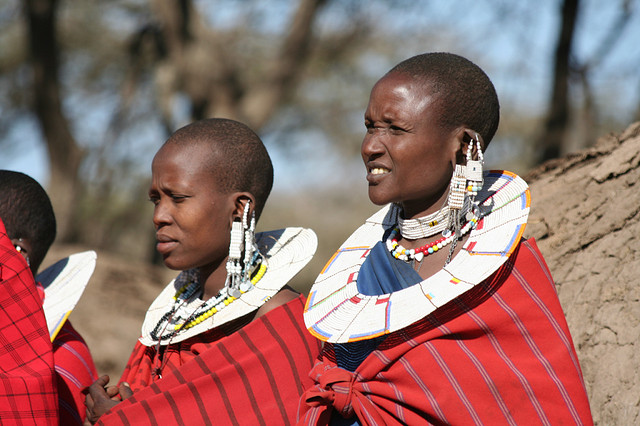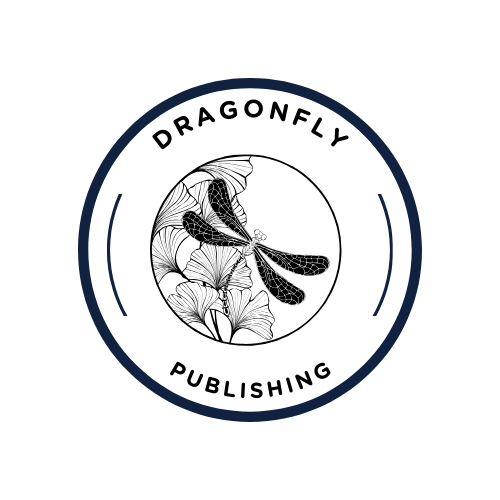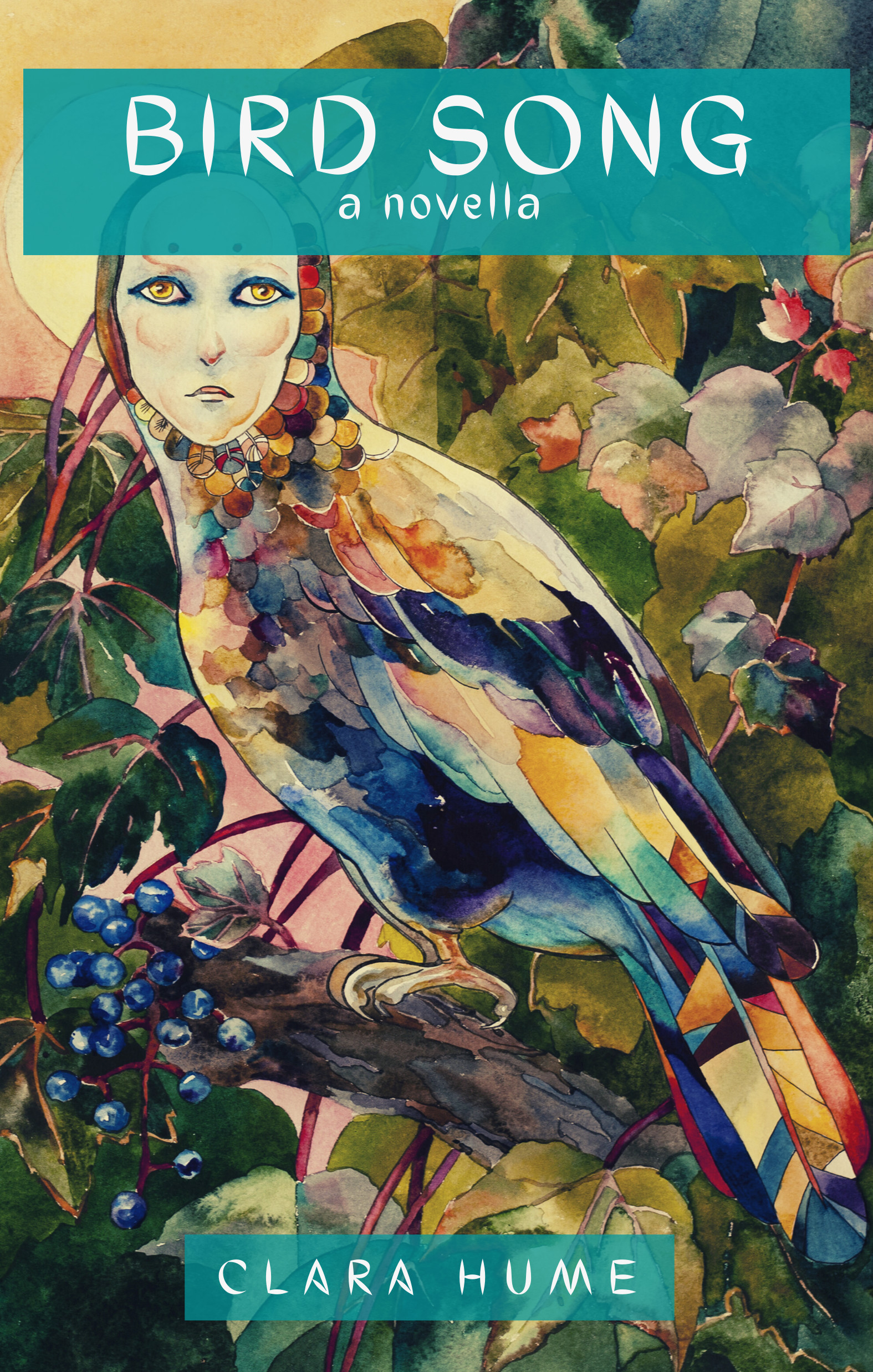 I remember when I began high school and felt the enormous weight upon my shoulders to be an individual, a person of free reign. I wanted to belong but not belong. As most people of that age feel, I wanted to do something great with my life. On the other hand, I wanted to avoid stereotypes and labels, preferring a wide perspective of who I was. I didn’t want to be wrangled into a label, a categorization. In high school I did not use jargon, dress fashionably, style my hair to the generation, or anything. I always liked simplicity. As much as we all strive to do something wonderful in our lives, my thing has never been “look at me” and therefore I didn’t identify with clothing styles, haircuts, tattoos, or too much makeup or jewelry. By the way, I really want a tattoo now, but that’s a different story. I didn’t feel, I guess, that appearances should define or label me. But I was also young and not sure where I’d end up.
I remember when I began high school and felt the enormous weight upon my shoulders to be an individual, a person of free reign. I wanted to belong but not belong. As most people of that age feel, I wanted to do something great with my life. On the other hand, I wanted to avoid stereotypes and labels, preferring a wide perspective of who I was. I didn’t want to be wrangled into a label, a categorization. In high school I did not use jargon, dress fashionably, style my hair to the generation, or anything. I always liked simplicity. As much as we all strive to do something wonderful in our lives, my thing has never been “look at me” and therefore I didn’t identify with clothing styles, haircuts, tattoos, or too much makeup or jewelry. By the way, I really want a tattoo now, but that’s a different story. I didn’t feel, I guess, that appearances should define or label me. But I was also young and not sure where I’d end up.
I haven’t really changed throughout the years. While classification has its place as far as defining and explaining what makes things different, I have been far more the type to try to understand also what makes things similar. I want to look beneath the skin and see what’s there. That’s why with literary genres, for instance, I tend to blur them and find subject matter that can cross genres. I look beneath labels and find words that move me. I guess for marketing reasons, it can be important to classify things, but I’m not a marketer and I’m not a librarian (well I kind of am, but while I like to organize things to make sense, I live to free my mind when it comes to actual stories). I think of writing more as a thing of art than a commodity. It is both, and I cannot deny that. But the first thought that crosses my mind when I read something terribly moving is not “Oh, this is <insert marketing genre> here.” It’s more like, “Holy fuck, that was awesome!”
I’m finding labels in this modern era often suffocating. Take “OK Boomer” as one such label or meme. Yes, as a liberal voter in North America, I get it that many folks from the baby boomer generation, those of them still alive anyway, statistically haven’t really adapted to social change very progressively. But, also, many have. I find it a demeaning stereotype to be ageist in an age that calls for not stereotyping people based upon their skin color, faith, gender, and, yes, age. Can we just break through all the jargon? Yes, I really loathe the politics of older white conservative Christians who think their false idol is the second coming. I vote, speak, and fight against this. But also I believe that many older white people in our world hate the mango and are social progressives. I know too many who are. What is the purpose of lumping them with others in a derogatory manner?
With all this said, though, there are still some strong progressive language and liberties that we cannot ignore–people who’ve been oppressed who have had to come out to actively define themselves and be proud of it. I was absolutely stunned today, for instance, that Vanessa Nakate, a Ugandan climate activist, was actually cropped out of a photo of otherwise white climate young people. I was seriously like WTF. I said that out loud. At work. How in the world does the Associate Press do that? What I see in today’s world is a preconceived notion (still!) that white people are like saviors. It is just so obvious it hurts.
I think I’ve simply grown weary of icons. I absolutely adore Great Thunberg, don’t get me wrong. I saw her speak in Vancouver and marched with her and thousands of others that day in the cold and wind. She’s a factual and powerful speaker, and what she is doing has made a huge difference in our world. But I can admire her while also being equally (if not more) wowed over by people like Vanessa. They are all doing great things, and some are born into more dangerous situations that makes them more courageous for speaking out. Other youth from other countries are not the Gretas of their countries. They are their own selves in their own countries. It behooves us to get to know such positive forces from everywhere in the world. Young and old!
When I first began a site that explores eco-fiction, I naively featured mostly North American and Europeans. Part of it was because of the media I could find. I was new to exploring novels on this subject, and read articles I could find online to find what was happening. It wasn’t really until a couple years into the site that I realized if I looked harder and quit reading what was beginning to feel like regurgitated articles about authors writing about climate change (for years, even now, the same mostly white authors–the same novels), for instance, I could find people all over the world raising their voices, as writers, when imagining climate change and other ecological events through fiction. I needed to break out of what media was trying to sell me and make my own literary path and statements. From the beginning, the site included authors from all over the world, but eventually I was like…”Why are the majority of these authors in media reports white? Why are so many of the stories set in locales that are highly privileged?” It was really just the media I was basing my findings on. And media in North America, as we can see by what happened with Vanessa Nakate, still tells stories of white people saving the planet. And if there are people of color featured, a lot of times it is from white perspective (i.e. American Dirt rings a bell). And those are the feeds I was getting at home. You search for “nature writing” and most of it comes from the UK or North America. You search for “climate change novel” and there’s a listing of white folks writing stories about it. I couldn’t help but believe that due to ignorance somewhere, the Vanessas have been cropped out of the literary picture too. It became a strong necessity of mine to change that. There’s literary language like Afrofuturism that people have outright ignored, even people I’ve spoken with about trying to advance ecologically based novels and ideas into a more worldly vernacular. It’s like it doesn’t stick. Why is that?
I do see the perspective in some media widening, particularly in the last couple years, but it’s not changing enough or fast enough.
I recently read an article from UC Berkely’s alumni association about author Aya de León, who said: “I think for many people of color it feels like the environmental movement is white people worrying about animals and bodies of water.” I’m thrilled I can spotlight her in a future column here, and she’s absolutely right. It makes me look closely at narratives I grew up with, and while my own family was always inclusive, the communities and world around me have not been. While I know it takes people of all colors to care about Mother Earth and become active in speaking up for our planet, it’s ridiculous to cut out people who are part of this movement based upon their skin color…or anything else. We need to give voice to all. To recognize all. To quit iconing only certain white people. To quit with the white superhero wearing a suit or a cape. On many levels, this is why Black Panther just worked so well as a movie. It opened a closed-minded perspective that’s been entrenched into the white world history. I’m a white person, but I am sick of it.
And guess who gave me these perspectives? I guess you’d call them baby boomers–my parents–who taught me things beyond the scope of the societal labels and memes I was born into. I have found beauty in difference and in similarities.
The featured image is by Andreaambia – Own work, CC BY-SA 4.0. The Maasai people of Kenya (top) inspired about 80% of the design of the Dora Milaje, Wakanda’s all-female special forces in Black Panther.






